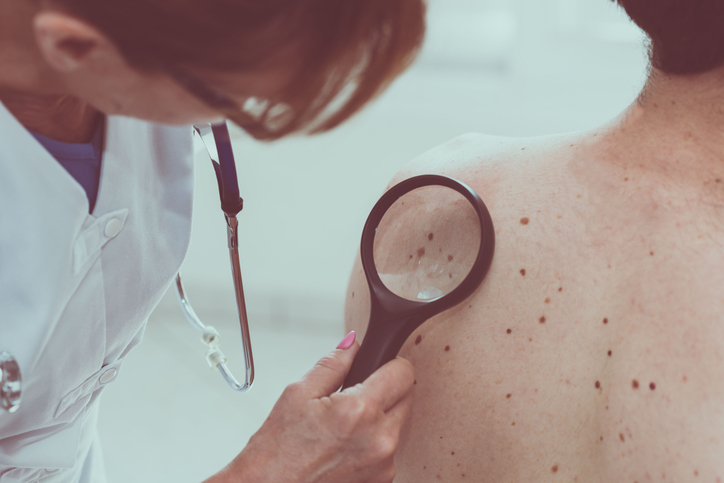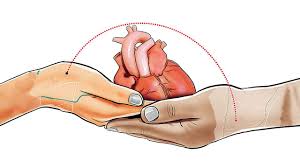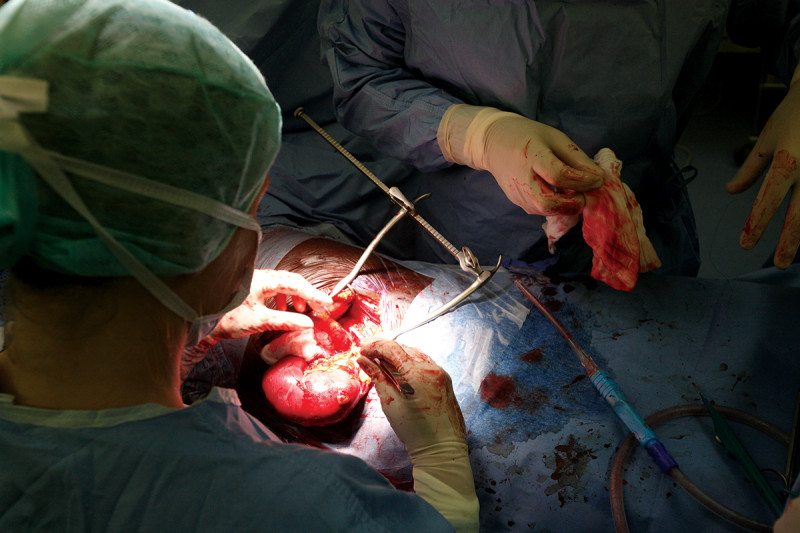“The world-first treatment being developed at The University of Queensland is the only drug of its type that could prevent the incidence of skin cancers for transplant patients.
Lead researcher from UQ’s Diamantina Institute Dr. James Wells said the treatment was shown in models to clear skin tumors that grow as a consequence of taking tacrolimus—a drug that transplant patients must take to suppress their immune systems to avoid organ rejection.”
Read the full article, here.








